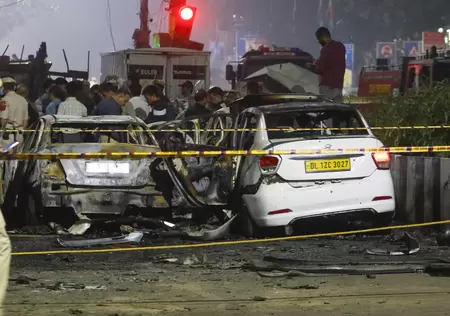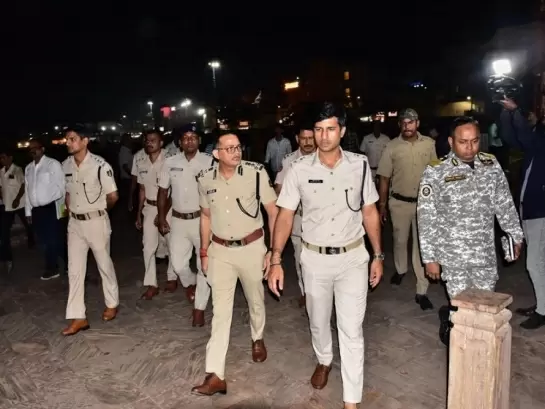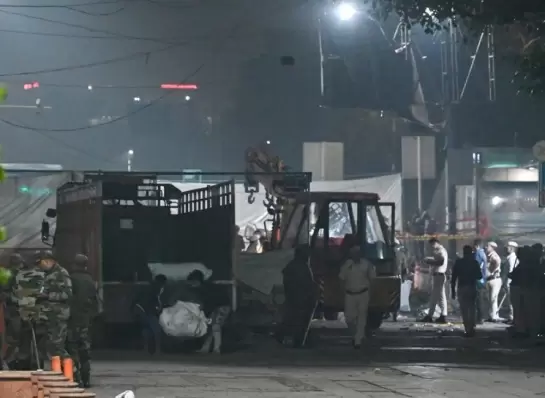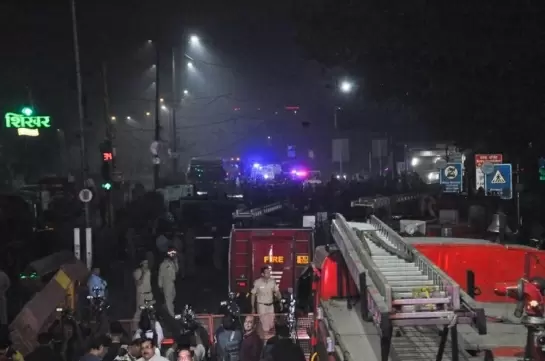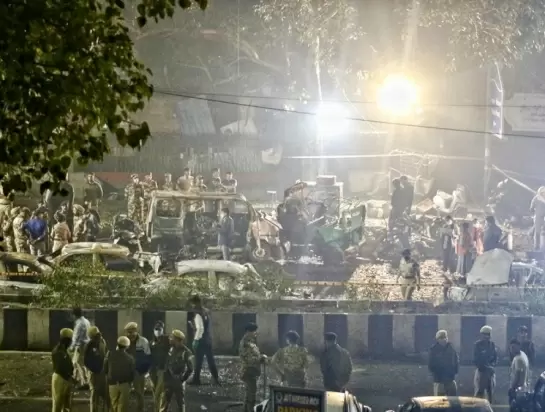Delhi Police's Gandhigiri to replace plastic bags
02-October-2019
The Delhi Police adopts Gandhigiri to convince the shoppers to say no to plastic bags. On Mahatma Gandhi's 150th birth anniversary on Wednesday the city police aim to identify shoppers with plastic bags and replace them with jute bags free of cost.
The government has provision to challan the people using plastic bags but as an exemption and in a tribute to Gandhi's ideologies on the day of his anniversary, the police will distribute the jute bags. "We will not fine people carrying plastic bags at least today," said a top officer.
The first phase of the movement is planned for southern districts of the capital, answering Prime Minister Narendra Modi's clarion call to end use of single-use plastics by 2022.
"The patrolling officers will be identifying the people carrying plastic bags and will duly replace them with jute bags," said a top IPS officer of the Delhi Police. He explained the move will create awareness among the people about "harmful effects of polythene on human health and environment".
The Centre has started campaigning against single-use plastic. The government has emphasised on the need to end the use of single-use plastic -- anything below 50 microns is included in this category -- which has become one of the biggest sources of pollution adversely impacting the already frail ecological balance.
During his speech on Independence Day, Prime Minister Modi had said: "On October 2, let us pledge to make the country free of single-use plastic." He also urged startups to come up with ideas to recycle plastics in the country.
As per the Plastic Waste Management Rules 2016, the minimum thickness of plastic carry bags has been increased from 40 microns to 50 microns.
According to Central Pollution Control Board annual report in 2017-2018, approximately 8 million tons of plastic products are consumed every year, which results into nearly 25940 tons of plastic waste is generated per day in India.
It is a fact that plastics waste constitutes a significant portion of the total Municipal Solid Waste generated in India.
"Plastics are nonbiodegradable and remains on earth for thousands of years. The burning of plastics waste under uncontrolled conditions lead to generation of different hazardous air pollutants (HAPs), depending upon the type of polymers and additives used. The visibility of huge quantity of plastic waste has been perceived as a serious problem and made plastics a target in the management of Solid Waste," the report states.IANS
Red Fort Car Explosion Leaves 10 Dead; Terror Angle Suspected
Car Blast Near Red Fort Metro; Multiple Vehicles Catch Fire
Rs 84 Lakh Cash, Luxury Car Recovered In Rs 69 Crore Chit Fund Case
TMC Flags Confusion Over EC Definition Of ‘Relative’ In Bengal SIR
Special Intensive Revision Sparks Concern Across Tamil Nadu





